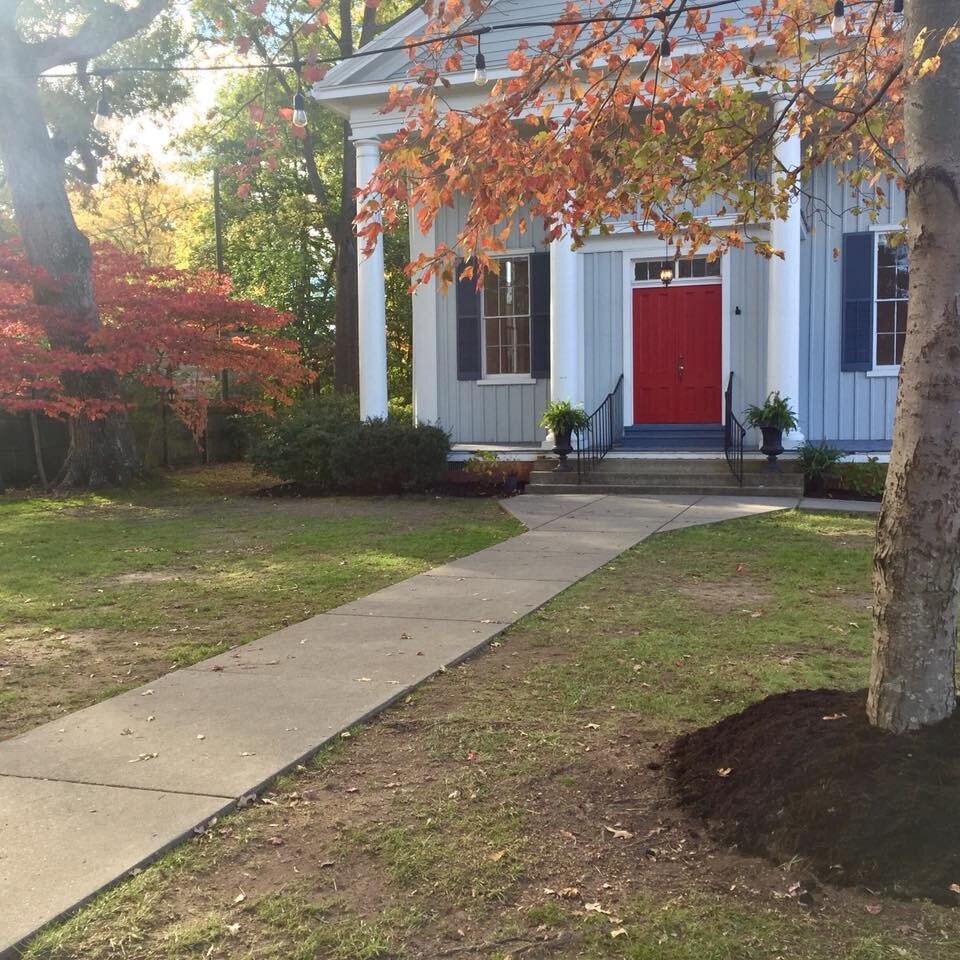As Randolph-Macon College begins its Fall Semester this week, students have the option of a new major in Black Studies. The college has for many years offered a Black Studies minor; its popularity inspired the creation of the new major. Randolph-Macon College is the first among Virginia Foundation for Independent Colleges to offer this major.
Downtown Ashland Association recently discussed the program’s significance with Dr. Alphine Jefferson, director of the Black Studies Department. Read his insights below.
How does a Black Studies Major from R-MC help to prepare a student for the modern workforce?
Classroom in the R-MC Old Chapel
Photo courtesy of Randolph-Macon College
“The major in Black Studies prepares students to participate fully in the modern workforce because they are taught a set of essential aptitudes and proficiencies. Black Studies is the ideal major to prepare students to be both leaders and participants in a global economy which requires cultural sensitivity to issues of equity, diversity and inclusion.”
In addition to the primary goals of teaching students effective oral communication and writing, Black Studies also emphasizes geographic and multicultural literacy, as well as critical reading and thinking. Consequently, the acquisition of these skills provides students with the social capital and essential dynamic tools to be active, informed, and responsible citizens at local, state, and national levels. Moreover, a degree in Black Studies is an excellent credential for students interested in community organizing, non-profit work, political activism, and careers in social service.”
How do Black Studies students at R-MC interact with the local Ashland community?
R-MC video of Dr. Alphine Jefferson recognizing Juneteenth 2020
“Faculty and students in the Black Studies Program at Randolph-Macon College have interacted with the local Ashland community in a variety of ways. We have co-sponsored an annual Juneteenth Program in conjunction with the Hanover County Black Heritage Society and worked with Ashland Theatre to show and discuss several important films, including ‘Selma’, ‘In the Heat of the Night’, and most recently ‘Harriet’ and ‘The Hate You Give’."
In addition, the RMC Black Studies Program has promoted community attendance and participation at its cultural events. Members of the Ashland community have been attendees at lectures, performers in plays, and singers in concerts. In addition, Black Studies faculty and students worked to get The Janie Porter Barrett Center on the National Historic Register and place an Hanover County Historic Marker for The Reverend John Preston Clarke at Abner Baptist Church, as well as create exhibitions and sponsor talks at the Pamunkey Library System.”
Why is creation of the Black Studies Major significant for the College and its history?
Boydton Institute and Bible College students
Photo courtesy of Civil Rights in Education Heritage Trail
“Randolph-Macon College has an interesting, if little known, connection to an elite Black private school. After RMC moved to Ashland in 1868, its original campus was used to create the Boydton Institute and Bible College. From 1878 until 1933, this school provided multiple levels of education to several generations of Blacks. The school was known for its rigorous academic programs and its skill at training students who became leaders in the civil rights movement.”
Randolph-Macon College Black Studies students
Photo courtesy of Randolph-Macon College
In addition, the RMC major in Black Studies offers an alternative perspective on ‘the received cultural heritage’ of America as well as an Afrocentric critique of the Eurocentric principles which guided the nation’s creation.”














